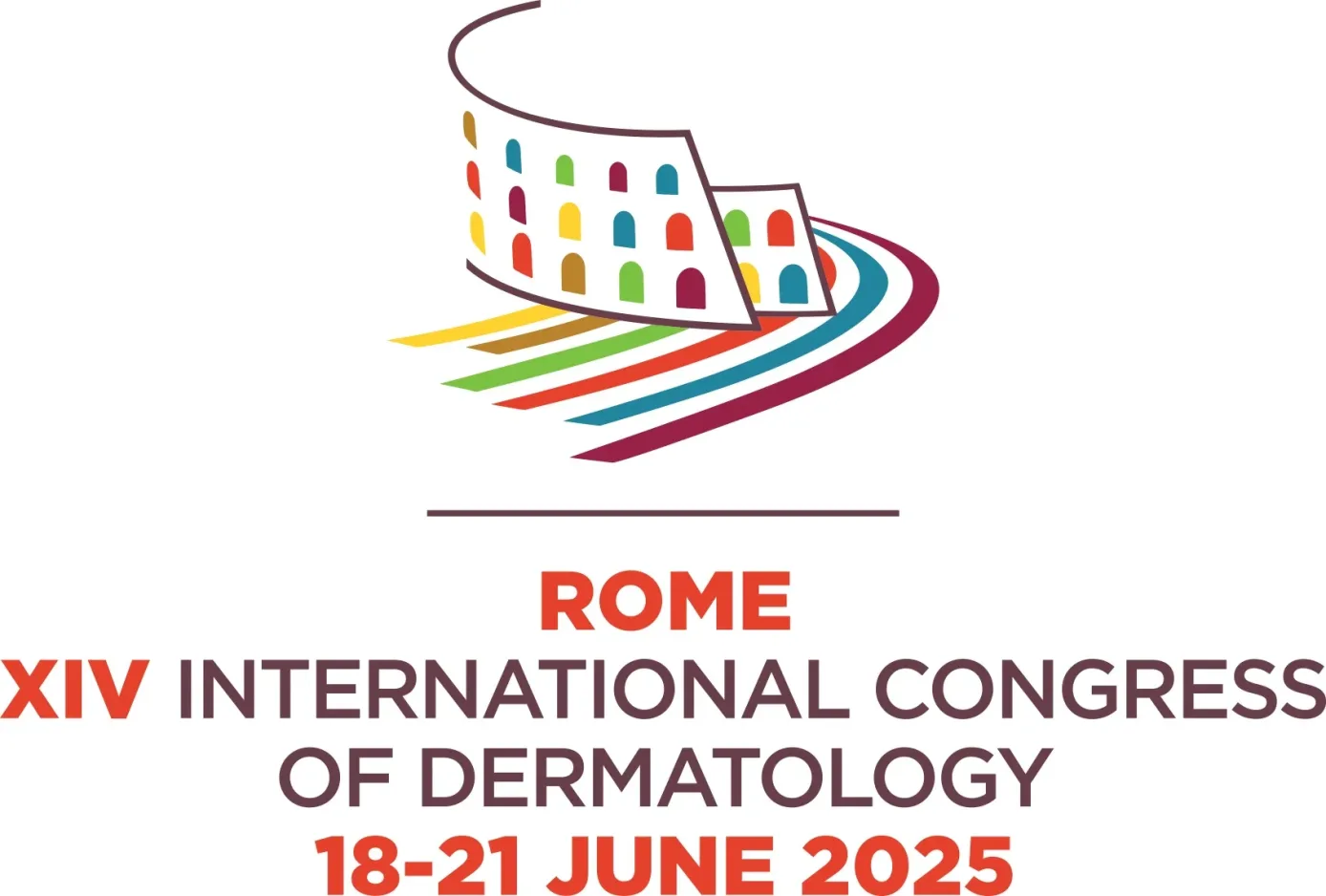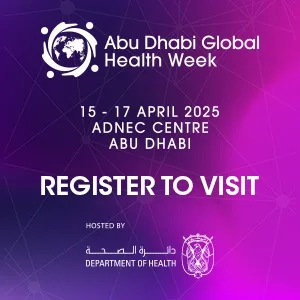On April 16, 2024, the UAE faced unprecedented problems as torrents raced throughout the country during the biggest downpour in 75 years. Overtaking all previous records since data gathering began in 1949, the Khatm Al Shakla region in Al Ain had an incredible 254 mm of precipitation in a single day. Despite the challenges presented by the stormy conditions, citizens, residents, and officials worked together to guarantee everyone’s safety and well-being over the following week.
Several community teams volunteered to help people who were stuck in their homes in addition to the government’s ceaseless efforts. The remarkable efforts of the medical community became evident in the aftermath of the devastating downpour. Together, timely services were provided by government agencies, Hospitals, Doctors, pharmacies, and other medical specialties. The medical community continually demonstrated persistent dedication and perseverance, whether in the face of COVID-19 problems or the most recent disasters.
Quick Responses
People were trapped inside buildings shortly after the intense downpour. Many doctors answered their phones right away and sent prescriptions via WhatsApp. They also went into flooded areas to treat sick people who were confined to buildings, making sure they received care quickly and providing the medicines they needed.
Click here to join our WhatsApp channel
“Recounting his experience with the work of the Community Medical Center located in Sharjah Emirate, Dr. Rajesh Sisodiya shared, “A call from a needy father from the 12th floor of Al Bustan Tower near City Plaza, stating that the whole family is suffering from vomiting and diarrhea, and he is not getting any medical help as surrounded by thigh-high water. Despite knowing that two Filipino ladies died of electric shock near Masreq Bank, I couldn’t stop myself from purchasing medicines and delivering them at Fresh Zone Supermarket to Mr. Manaf whom the patient managed to collect. Consulting and treating patients online who were away in the flood and following them until they improved was a challenge well met. We thank almighty for keeping us safe and allowing us to serve our community when they desperately needed us.”

Some UAE localities had trouble getting the medicine on time after periods of intense rains and flooding. Government representatives put a lot of effort into addressing these issues. Private pharmacies also stepped forward to help individuals in need by delivering necessary medications.
Also Read: Caring for Your Health After a Flood
“The water level was so high, and all the shops were closed due to the water, and electricity was also unavailable. However, we continued to deliver medicines as per the customers’ demand. We opened the pharmacy multiple times during the day, around 8 to 10 times, just to fulfill medicine orders. Our delivery personnel worked tirelessly during those days, even navigating through 3 to 4 feet of water to deliver medications from building to building. Some buildings lacked proper working lifts, so he had to use stairs as well.” said Momin Kamal Siddiqui, a Pharmacist at Al Qasimiya, Sharjah.
Free Healthcare Support
When people find themselves stuck in one place and facing healthcare challenges, many doctors proactively provide services free of charge. As a timely initiative, MBM Specialty Medical Centre in Dubai announced free in-house treatments, homecare, and teleconsultations, benefiting hundreds of patients.
Masiullah Sayed, Group General Manager at MBM Health Group, highlighted the collective response from MBM Clinic, stating, “MBM Specialty Medical Centre voluntarily played its part in this crucial time. Our doctors went to the affected areas and treated the patients in the comfort of their homes, as well as provided free consultations at the clinic, along with free lab services for many patients. The most common and serious threat was Amebiasis due to stagnant rainwater admixed with sewerage water, and the second most common but deadly diseases were Malaria and Dengue. Our doctors and the whole staff were determined to stand firm in providing all necessary health facilities to our people, and we are glad that now, within a short span of one week, we have overcome the situation well.”

Connecting Through Social Media
Doctors and medical representatives created separate social media platforms to help individuals who were in dire need of medicine. Additionally, they joined social media channels created by other volunteering teams.
The medical community continually demonstrated persistent dedication and perseverance, whether in the face of COVID-19 problems or the most recent disasters. They also went into flooded areas to treat sick people who were confined to buildings, making sure they received care quickly and providing the medicines they needed.
Dr. Sowjanya, an Anaesthesiologist and Pain specialist in the UAE, shared, “The ‘Rain Support UAE’ group held a highly commendable motive to timely entail the medical teams. And we, the frontline healthcare professionals, vehemently stood up for the nation during any hard times. Within no time, the volunteer doctors formed a group to discuss possible ailments, home care, and telemedicine, and framed clear guidelines on prescribing and supplying medicines.”

“I have created a Facebook page called ‘Rain Support Doctors’ to connect on a commonly accessible platform for needy people and healthcare providers. This link was shared all over the UAE, and people could easily reach out to us. Our doctors promptly responded according to location, need, and specialty. Most cases were managed by general practitioners and internal medicine doctors, and as an Anaesthesiologist and Pain Specialist, I was on standby for any life-threatening emergencies, which fortunately were not encountered.” She continued. It was a collective effort; it was a collective victory. Support from the government, timely treatments provided by doctors, door-to-door delivery services by pharmacies, overall management by healthcare executives, and many other selfless services by the medical community are all major factors in reducing the negative consequences on the public. This is not the first time, nor will it be the last. The medical community is always ready at the front.




















